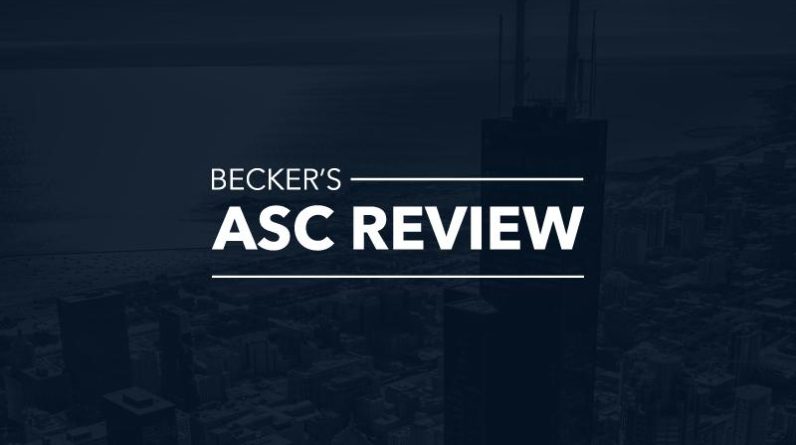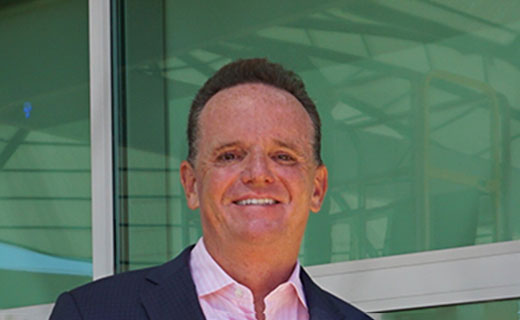From dethroning chess masters and game show champions to outperforming radiologists, the dazzling—and at times overwhelming—world of artificial intelligence raises deep questions about the future of human jobs.
In the last century, our capacity to store and process data has soared, with electronics marching from the vacuum tube to the transistor to today’s semiconductor chips. Those advancements first streamlined repetitive, tedious tasks like statistical calculations or database searches. However, recent breakthroughs in data storage and computational power have turbocharged artificial intelligence (AI) in the workplace. Today’s AI systems, like ChatGPT, no longer just support employees in narrow aspects of their work. Instead, they stand on the brink of broader responsibilities, and in some cases, of entirely handling certain roles, such as accountants, proofreaders and financial analysts.
Amid this transformation, an inevitable question comes to mind: Which jobs will AI eventually replace, and which job will survive the longest to be the last occupation of the human worker?
We argue that all jobs will be replaced by AI—eventually—but one will stand the test of time for people. The last job of humans will be the task of helping AI understand precisely what they want and when they want it. In other words, the job of “human feedback provider” will long reside with our own successors in the world of employment.
At first glance, our argument may seem far-fetched. After all, plenty of jobs remain where AI doesn’t yet stand a chance against human ability. Yet, history suggests that this won’t last long.
Over the years, AI has regularly surpassed people’s predictions of its limits. Once some felt that AI would never surpass human chess champions, but in 1997, IBM’s Deep Blue surprised the world by beating Garry Kasparov, humanity’s leading grandmaster. Next, some argued that beating humans at a complex game like Go was impossible; yet, in 2016, AlphaGo played five games against the world’s top-ranked Go player and won four of them.
Not only in games (e.g., playing poker and StarCraft II, solving a Rubik’s Cube, competing at the Jeopardy! quiz show), but also in professional tasks, even lip-reading, AI has now defeated or matched humans. For example, the CheXNet AI system identifies several pathologies more accurately and much more quickly than radiologists examining chest x-rays. The long list of professions where AI has demonstrated competence, sometimes better than humans, now includes stock trading, fraud detection, writing certain kinds of news articles, object recognition, pattern recognition, legal document review and answering customer service questions.
Newer advances will soon likely debunk other claims of the intrinsic limits of AI in replacing human tasks. For example, some have argued that individuals in legal professions, such as lawyers and judges, will not be replaced by AI. Yet, GPT-4 scores in the 88th percentile on the LSAT exam and in the 90th percentile on the bar exam.
Others have argued that jobs requiring complex manual dexterity, such as surgery, construction and plumbing will not be replaced. However, from a theory of computation perspective, there is nothing to suggest that robotics cannot reach a point where, for example, an AI-guided system cannot construct a building on its own. In fact, there are several developments, such as automated “lights-out” factories, that suggest small and large objects with detailed, fragile parts can be constructed or repaired by an AI system.
Even in the artistic sphere, AI models have created new art, music and fashion designs, and have even won art prizes.
Supposed inherent limits of computer systems might mean that jobs requiring human analysts to improve computers will always exist. Yet, if AI actually reaches its theoretical limits of ultimate complexity (such as the halting problem, which suggests the ultimate run-time of an arbitrary computer program is incalculable), it is quite likely that at that point, human cognitive capabilities won’t help, either.
Lastly, some argue that certain jobs, such as psychologists and doctors, require a human touch and will always survive. But even this argument can be challenged. For instance, AI can examine individuals both psychologically and physiologically using sensors, and can do so constantly, allowing for more accurate diagnoses, medical treatment and personalized advice. While some may insist on the importance of human presence, AI-powered apps can empower anyone, like friends and family, instead of a paid professional, to provide patients the “human touch” for free.
Some people love their jobs of course. But will the death of work really be such a terrible thing, especially considering that only 21 percent of employees feel engaged at their work? Thinkers ranging from the philosopher Diogenes to economist John Maynard Keynes to anarchist Bob Black have instead celebrated the notion of life without the burden of daily toil.
In a utopian future powered by AI, the technology will tackle ever-more specialized problems to optimize human happiness. In this future, for example, AI would determine precisely how much salt to use in each morsel of every meal, and weigh whether to distribute it evenly or adjust it over time to maximize your health and happiness. Optimizing at this level means AI will regularly conduct causal research on individuals. That will necessitate people participating in experiments, possibly by experiencing simulated realities designed to investigate specific aspects of the human psyche. Just as Deep Blue needed Kasparov to truly test its capabilities, AI will need human feedback to fully comprehend and optimize our complex world. This job is likely to last longer than any other human job because once a computer can understand people completely, it can do any task that humans can do; no job can survive beyond that point.
This makes the job of “human feedback provider” the last one to survive the AI revolution. For everyone else, Diogenes will leave us his advice on life without work: “Why then do you live, if you do not care to live well?”
This is an opinion and analysis article, and the views expressed by the author or authors are not necessarily those of Scientific American.





